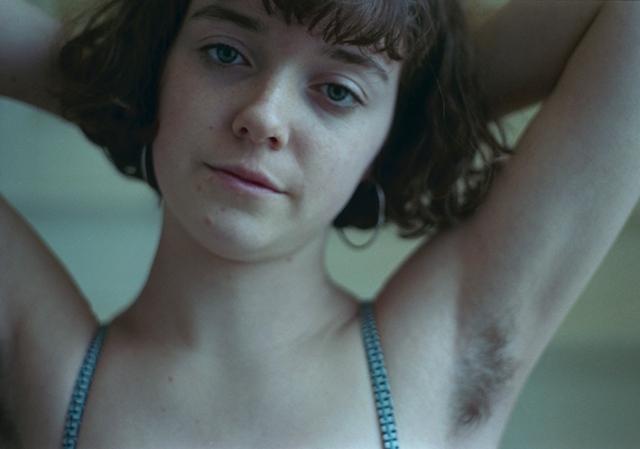
Amy Hills-Fletcher
For many people, 2017 will be remembered as a year when moralistic and reactionary arguments around abortion rights and women’s contraceptive rights were dragged back into the mainstream. Yesterday, Boots decided to wade into the debate around abortion and contraceptive rights by refusing to lower the price of the morning after pill, which costs around £30.
Despite the fact that other chains, like Superdrug, agreed to halve the price after a campaign by Bpas (The British Pregnancy Advisory Service), Boots wrote a letter to Bpas explaining that the “EHC [emergency hormonal contraception] polarises public opinion,” and that they “receive frequent contact from individuals who voice their disapproval of the fact that the company chooses to provide this service.” Boots went on to make the revolting, moralising statement that they “would not want to be accused of incentivising inappropriate use, and provoking complaints, by significantly reducing the price of this product.”
The notion that we stupid women should be punished if we are worried we may fall pregnant after unprotected sex, whether that be because of a split condom, forgetting to take the pill, or a drunk night of unprotected sex, is insulting. What’s more, the suggestion that lowering the price would lead to a stampede of irresponsible women in Boots, post-sex, frothing at the mouth and raring to take the morning after pill “inappropriately” feeds the suggestion that we are incapable of making contraceptive decisions independently, and that we are all just horny, irresponsible whores looking for a bargain on our mission to murder unborn children. Unfortunately, this Boots saga comes in a year where it seems our reproductive rights are once more up for grabs in many respects.
In 2017, a bill in parliament to decriminalise abortion in England was voted in. Shockingly, the 1967 Abortion Act did not actually do this, but rather made it legal only if two doctors approve the procedure – if you failed to meet these conditions, you would have been committing a criminal offence. Online abortion pills are now widely available and abortion was the only medical procedure governed by such old legislation. Why were women still being questioned on their ability to make these choices independently?
In the USA, we have seen the election of the racist, misogynist Donald Trump who, in his first day in the Oval office, signed a federal ban on international groups that give information about or provide abortions. He and his ilk are pro-life and anti-women. Lest we forget that during Trump’s election campaign he suggested that there should be “some kind of punishment” in place for women who have abortions (if it was banned). More recently, there has been a proposed revision of the contraception mandate (which saved women more than $1 billion in birth control costs in 2013) of the Affordable Care Act, which would make it much more difficult for women to get protection. When this is paired with the fact that abstinence is taught in some schools in the USA as a part of sex education (and often instead of education around contraception), Trump’s administration will put women at risk of pregnancy as their ability to have free, safe abortions is being threatened more every day. A Donald Trump appointed judge recently compared abortion to slavery, calling them, “The two greatest tragedies in our country.”
Of course in the UK, Northern Ireland has been at the centre of the struggle for free, safe and legal abortion since the 1967 Abortion Act has never applied there. This fact has become more prominent of late due to the Tories’ dodgy deal with the fiercely pro-life DUP. Abortion is not permitted in Northern Ireland even in cases of rape and incest and in 2016, a 21-year-old woman was given a suspended sentence after she bought drugs on the internet to induce a miscarriage as she did not have the money to travel to England for an abortion. It was recently announced that the government would provide free abortions to Northern Irish women in England. Although this is a step in the right direction, women would still have to have the funds to get to England in the first place, after most likely having to take days off work and/or organise child care.
Like women in Northern Ireland and USA, the disturbing common thread is that women who have money are more likely to be able to access safe and legal abortion and contraception services, whilst women who do not, have their right to bodily autonomy taken from them. What’s more, companies like Boots are putting their profits before our reproductive rights whilst condescending to us with their sneering moralism.
The fight is no where near over whilst an estimated 22 million unsafe abortions take place worldwide each year. Women are driven to this when they cannot access safe, legal and free abortions and/or access free contraception due (often) to the sweeping moralism of the state and religious institutions and the contempt with which they view the concept of our right to choose what we do with our bodies.
We must continue to oppose any suggestion to limit our abortion and contraceptive rights in the UK and across the world, and in the case of Northern Ireland, keep fighting for the right to access free and legal abortions. Boots will likely see the effects of openly showing contempt for our contraceptive rights after a boycott has been called. What is horrifying, however, is this reminder that, in the year where millions flooded the streets to join the Women’s Marches, the hard fought victories that were won by reproductive and contraceptive rights campaigners must be held onto with all of our strength to protect them from those that are waiting to pounce and drag us back to much darker times.








